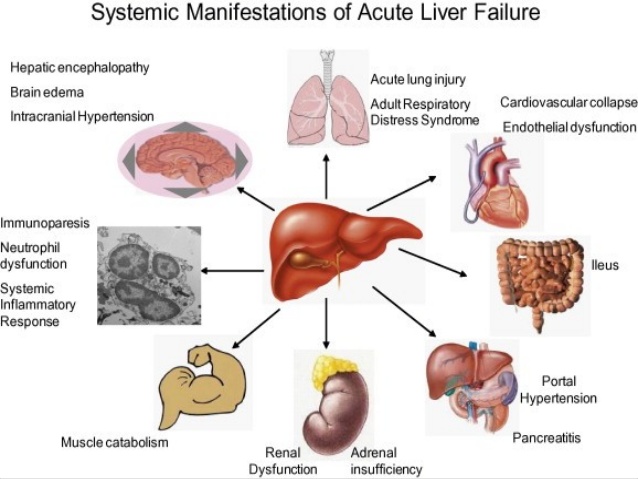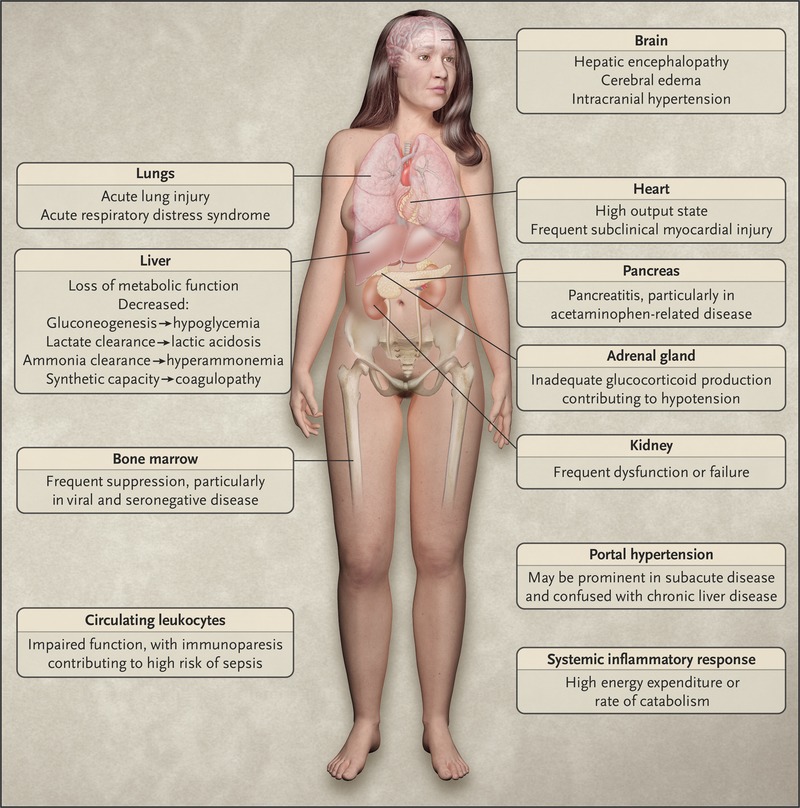
There are many signs of liver failure
The first three listed below are the most common, but if you have any of the symptoms of liver dysfunction, it is important to get the help of your doctor immediately.
Hepatitis, and hepatitis B are all illnesses related to your liver. Hepatitis is an inflammation of the liver, usually caused by viral or bacterial infection (viral or bacterial). Hepatitis can be very serious, although most people with it do not develop full-blown hepatitis.
If you suffer from liver inflammation, your doctor may prescribe medications to combat the problem. These medicines can also cause side effects that can further damage your liver. If you don't take medications to fight inflammation, liver tissue scarring is often the result. Hepatitis B is caused by an infection with the hepatitis A virus. It is usually easy to treat, although some people not on medication can become seriously ill.
Signs of liver dysfunction do not mean that the liver is failing on its own. Most liver problems can be cured with medication and the right diet. In many cases, the liver is simply overworked and can no longer cope with the stress, leading to liver failure.
The symptoms of hepatitis B are similar to those of hepatitis A, although they involve more inflammation and pain than hepatitis A. The difference is that hepatitis B can be transmitted to another person, whereas hepatitis A can only be transmitted to humans. This means that even if you work in an office, if someone else in the same office is infected with hepatitis B, you are also potentially at risk of the disease.
Hepatitis A is more dangerous because it can be transmitted to others through the blood. You can get hepatitis if you come into contact with infected blood during surgery or even through a blood transfusion. People with HIV are also at risk of contracting hepatitis because HIV is also transmitted through blood. Hepatitis can also cause scarring, so people with a history of liver problems may be at risk of scarring.

Signs of liver failure are usually difficult to diagnose, but they can be very painful. These include fatigue, loss of appetite, loss of energy, weight gain, nausea, vomiting, jaundice increased urination, skin rashes, fever and abdominal pain, dark urine, foul-smelling urine, dark stools, blood in stools, bruising , loss of vision, loss of consciousness and breathing problems, nausea, swelling of the ankles, legs, swelling of the face or lips, abdominal pain in the chest, and more.
These signs should alert you to possible damage to your liver. While there are many different causes of liver problems, the liver is the part of the body that produces and stores bile and helps break down fat, which is used in the digestive system. When the liver is not functioning properly, you can experience many symptoms.
Since the liver is responsible for producing the hormones that help control blood sugar levels, you should make sure you have a healthy diet. Eating a diet rich in fruits and vegetables can be especially beneficial, as can taking supplements. Vitamin D is also a very important vitamin for the liver and eating foods rich in protein and fatty acids can help you maintain a healthy liver function.
If you are taking medication to treat your bile duct, your doctor may recommend you take a liver detoxification to rid your body of harmful substances that can build up in the bile ducts. If your doctor suspects liver problems, he or she will probably recommend you see a liver specialist. to determine what is causing the problems.
There are other potential causes of bile duct problems, including cancer, hepatitis, and liver diseases, including cirrhosis, cancer, and liver infection. If you have any of these conditions, the doctor may prescribe antibiotics or a liver transplant to treat your problems.
Liver problems are not something to ignore or get by without treatment. They can lead to many problems, and if left untreated, can lead to death.